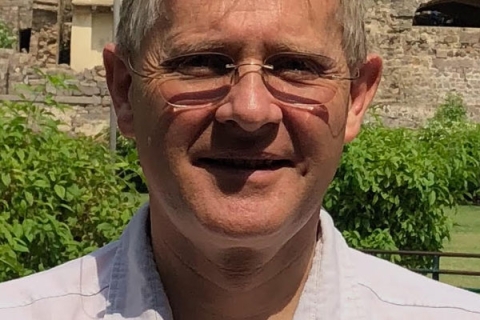
Doctor of Law
A police leader and academic who’s had a significant impact on policing practice.
Director of the Police Executive Programme – a Masters Degree and Senior Leadership (Master’s degree) Apprenticeship in Applied Criminology and Police Management at the Jerry Lee Centre for Experimental Criminology, Institute of Criminology, University of Cambridge, Dr Peter Neyroud is an Associate Professor in evidence-based policing.
In 2018, he completed a PhD at Cambridge focused on the implementation of police field experiments. His research spans police experimentation, diversion of offenders, crime harm, police ethics, community policing, the impact of COVID 19 on policing, and police leadership and management.
Peter was educated at Winchester College and Oriel College, Oxford where he read Modern History.
A police officer for more than 30 years, he served in Hampshire, West Mercia, and Thames Valley as Chief Constable. He set up and ran the National Policing Improvement Agency as Chief Constable and Chief Executive. In the latter role, he was responsible for national implementation of all major UK policing programmes, including neighbourhood policing, workforce reform and new technology initiatives.
In 2010, he was commissioned by the UK Home Secretary to carry out a fundamental Review of Police Leadership and Training, leading to the establishment of the national College of Policing in 2012, radical reform of police officer training and qualification, and creation of a new Police Education Qualification Framework.
From 2018 to 2020, Peter was Director of the Cambridge-based Mid-Career Training Programme for senior Indian police service officers in the National Police Academy, Hyderabad. He presented Evidence-based Policing to Prime Minister Narendra Modi at the December 2019 Director General’s Conference in Pune.
He currently co-chairs the Campbell Collaboration Crime and Justice Coordinating Group, leading an international programme of systematic reviews on the prevention of terrorism and radicalisation. He is also a Fellow of Wolfson College, Cambridge.
